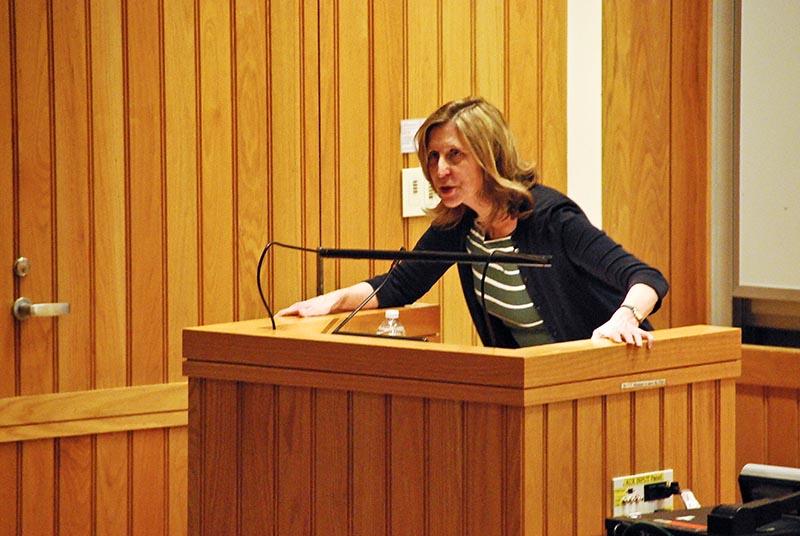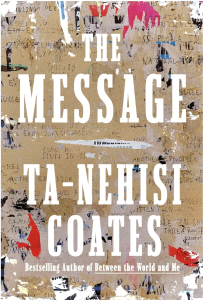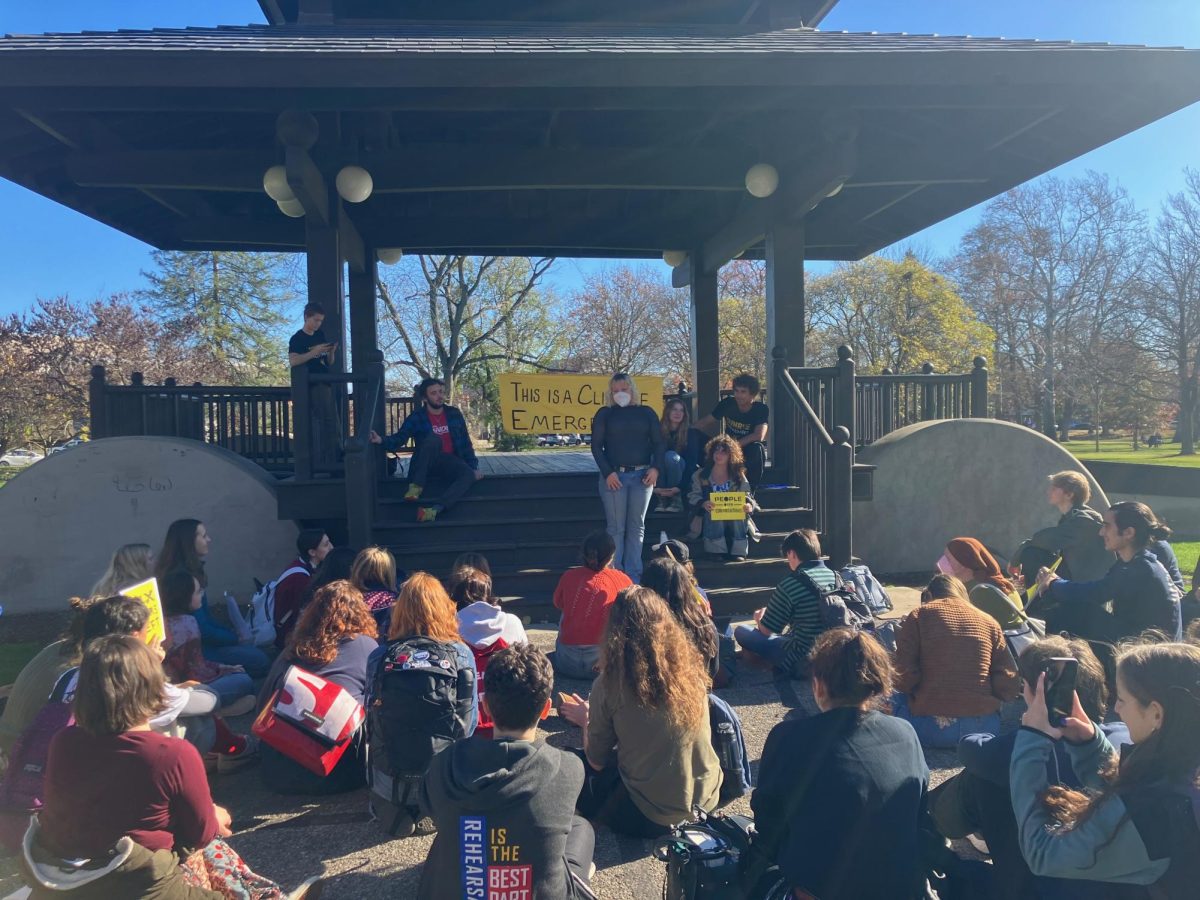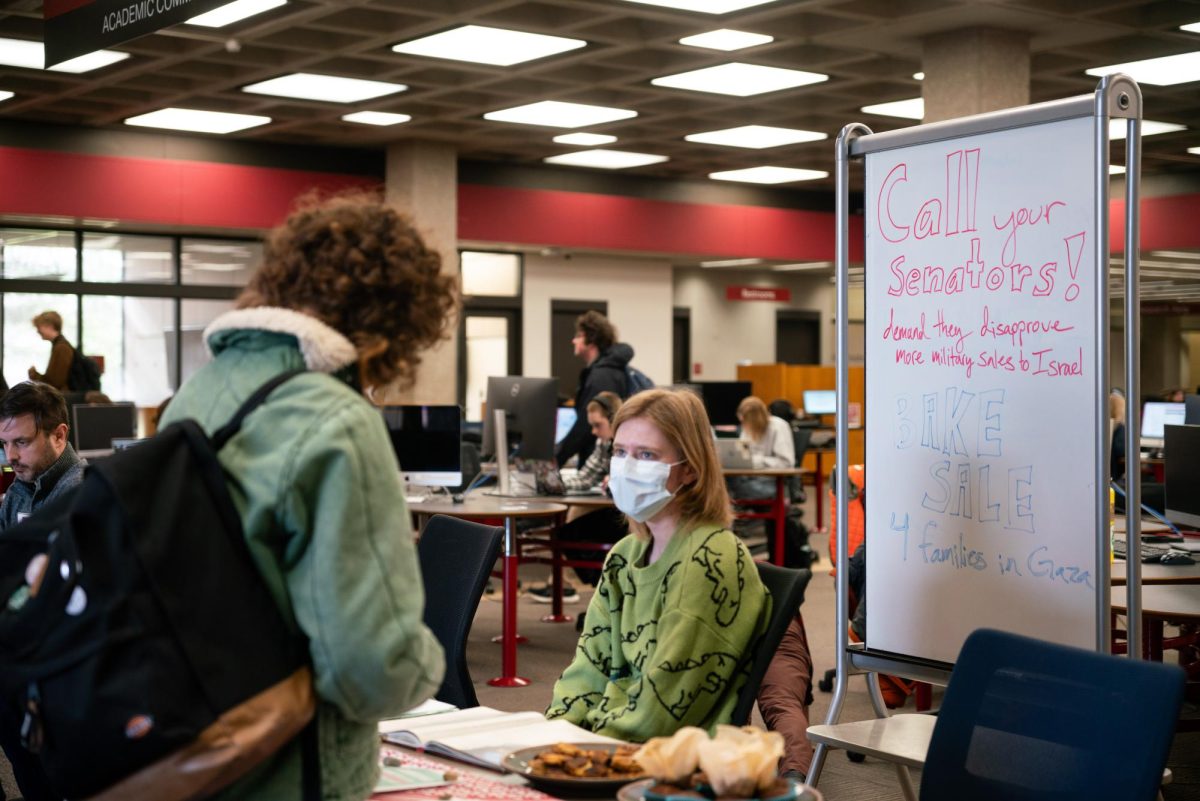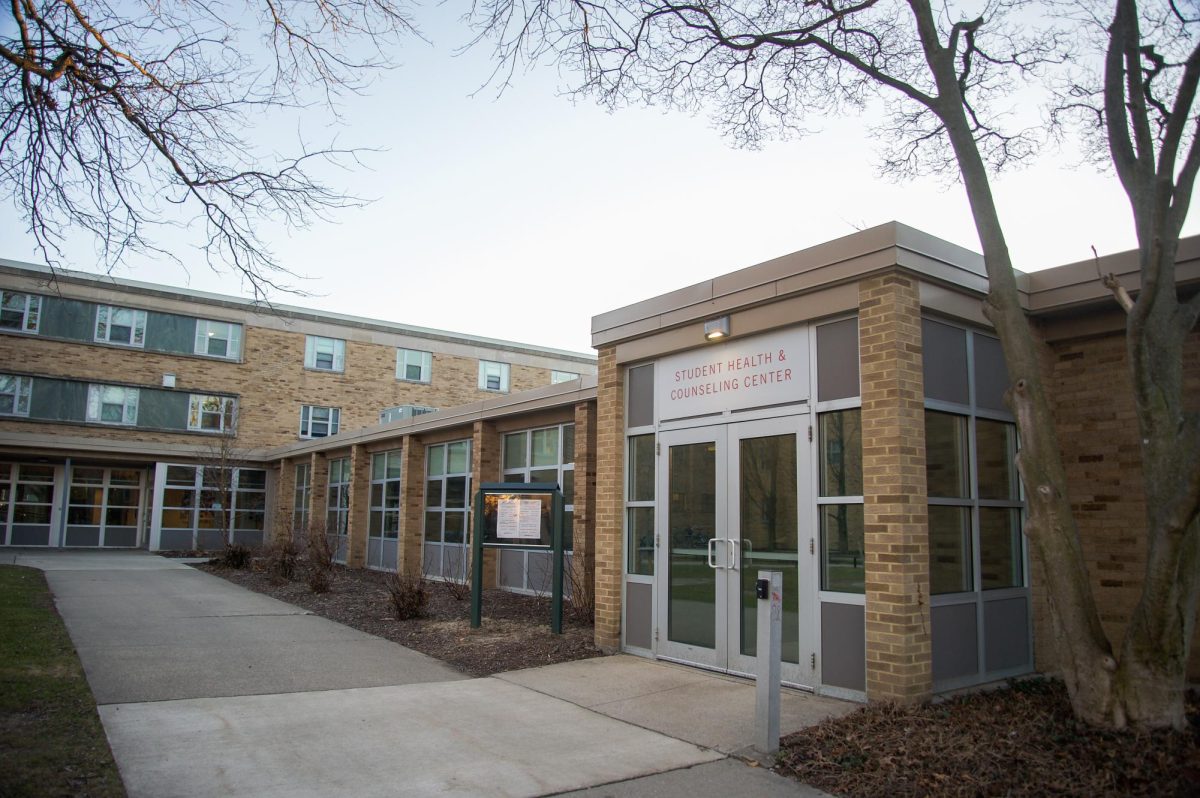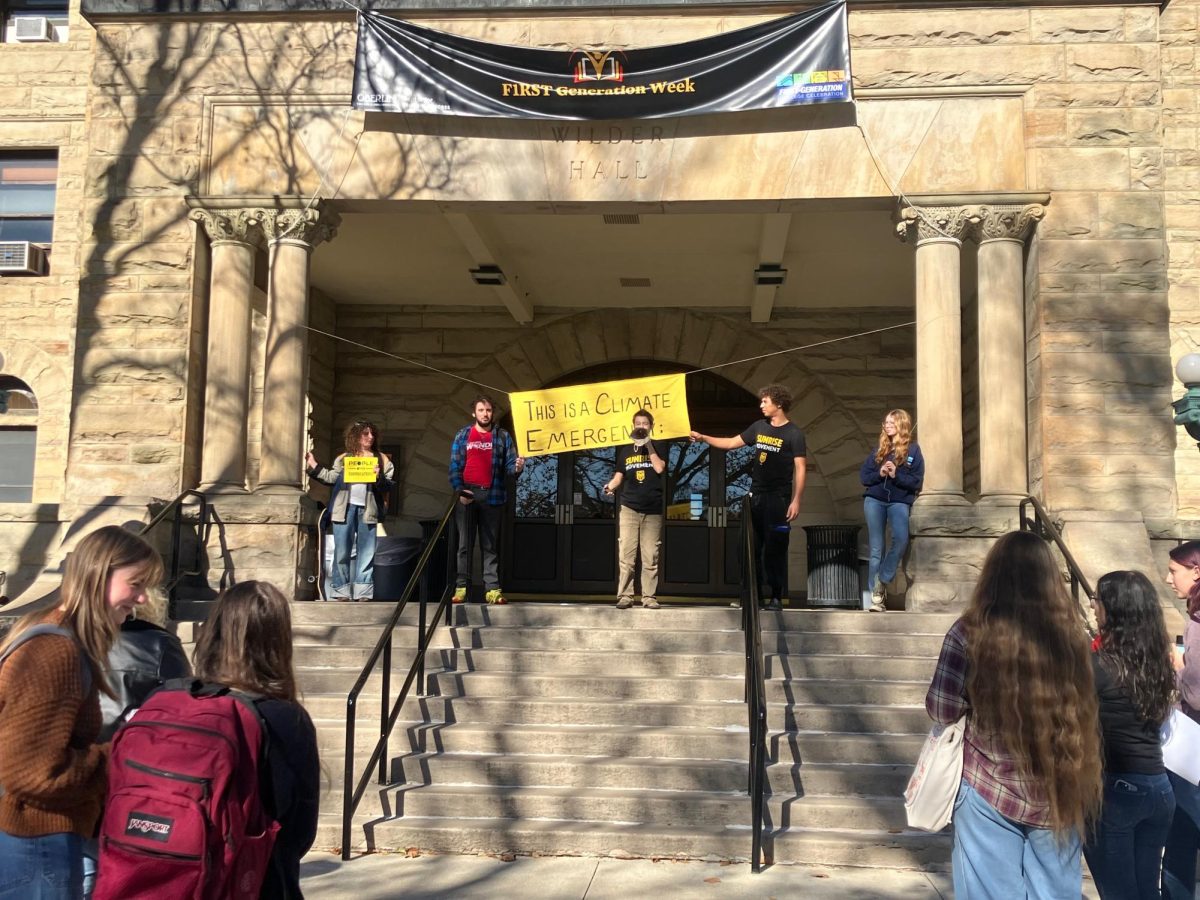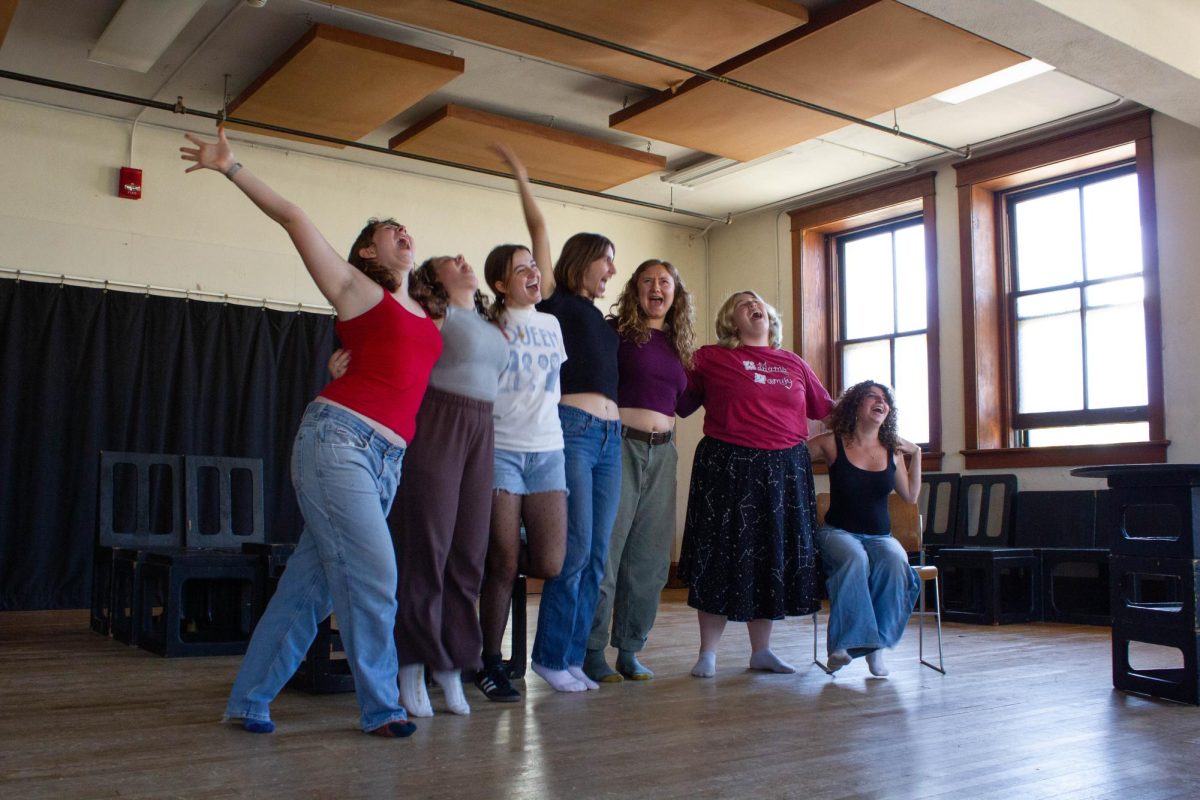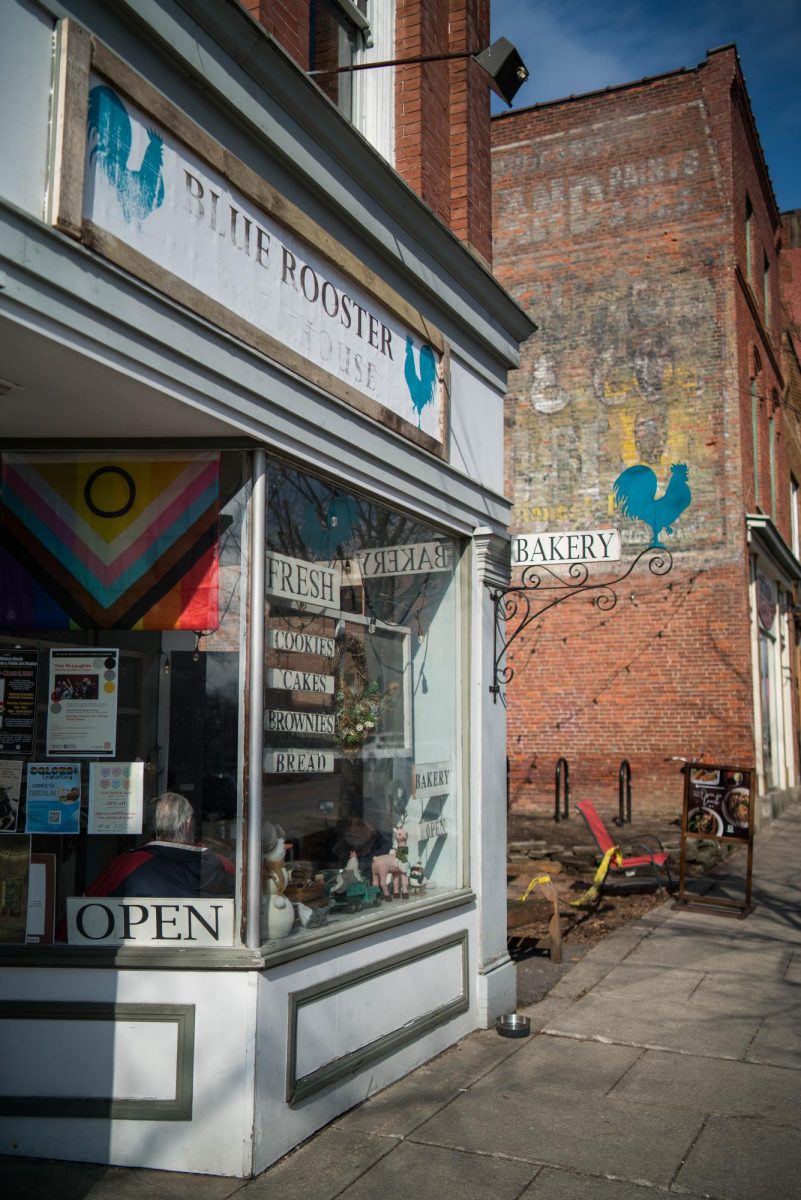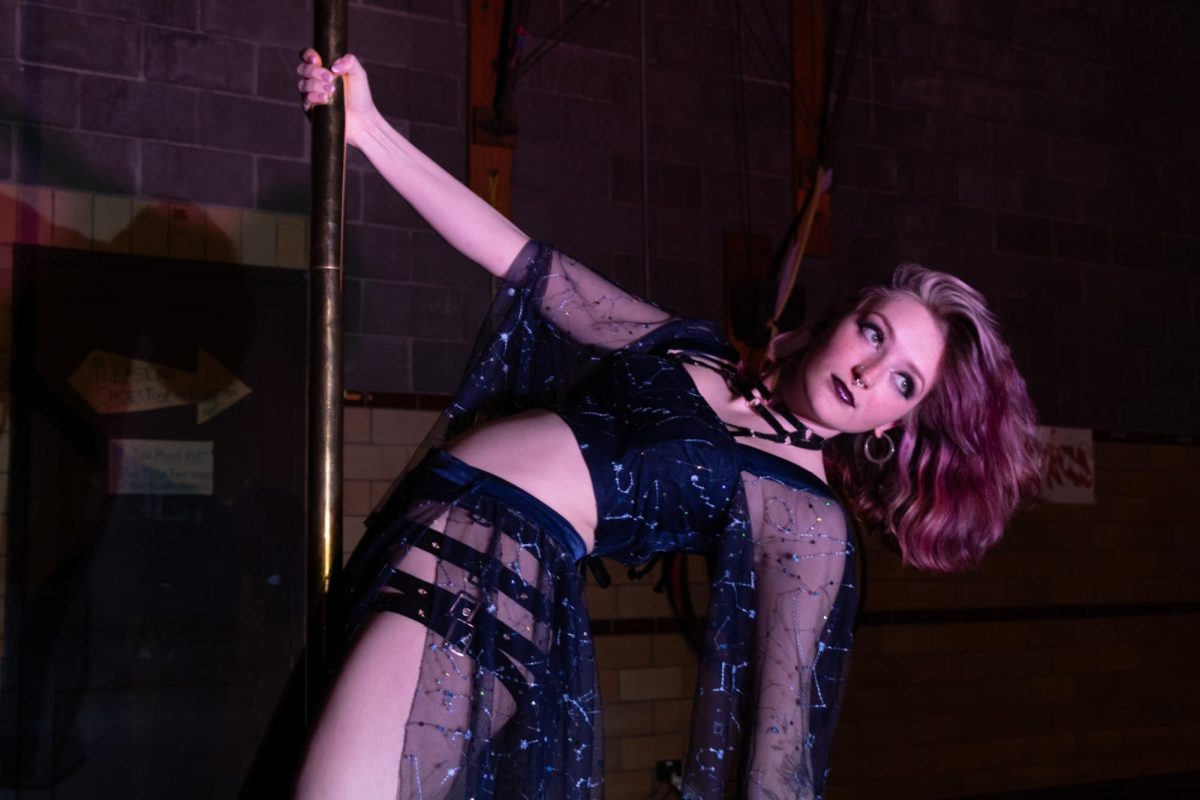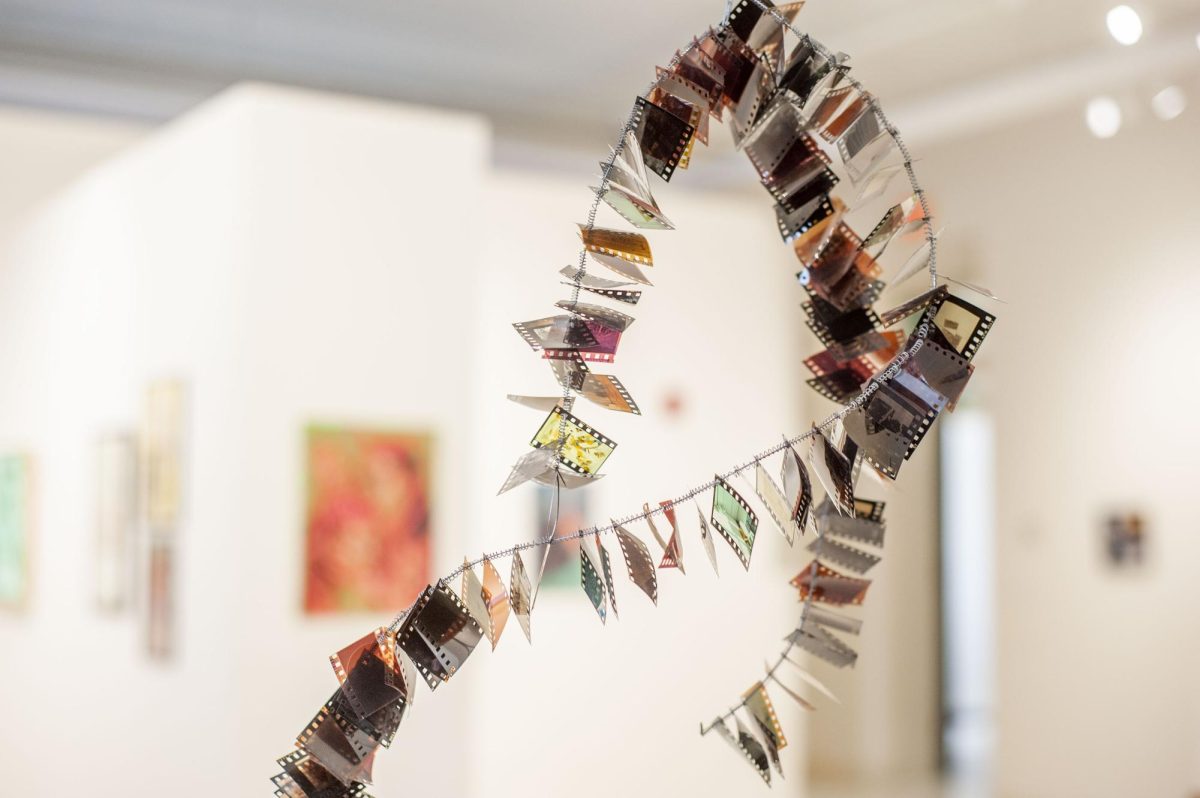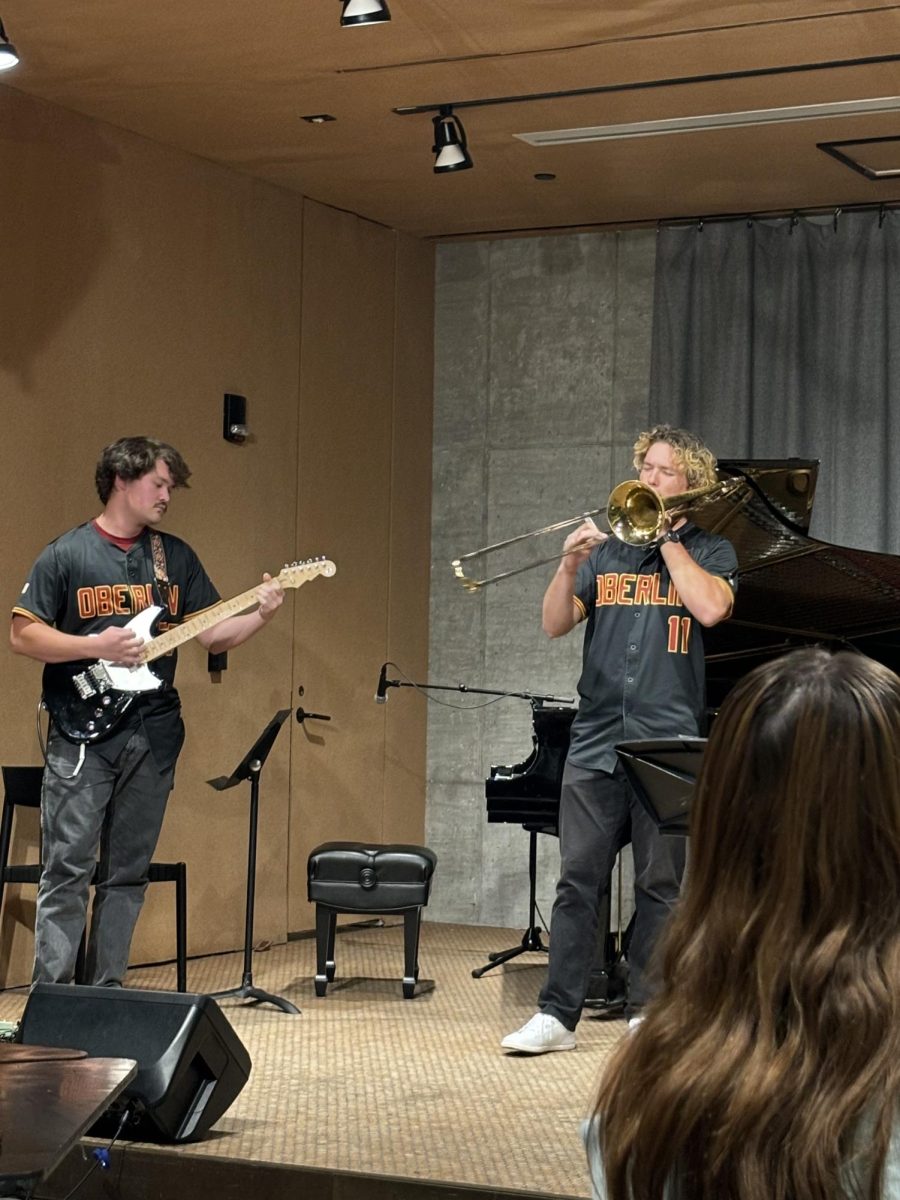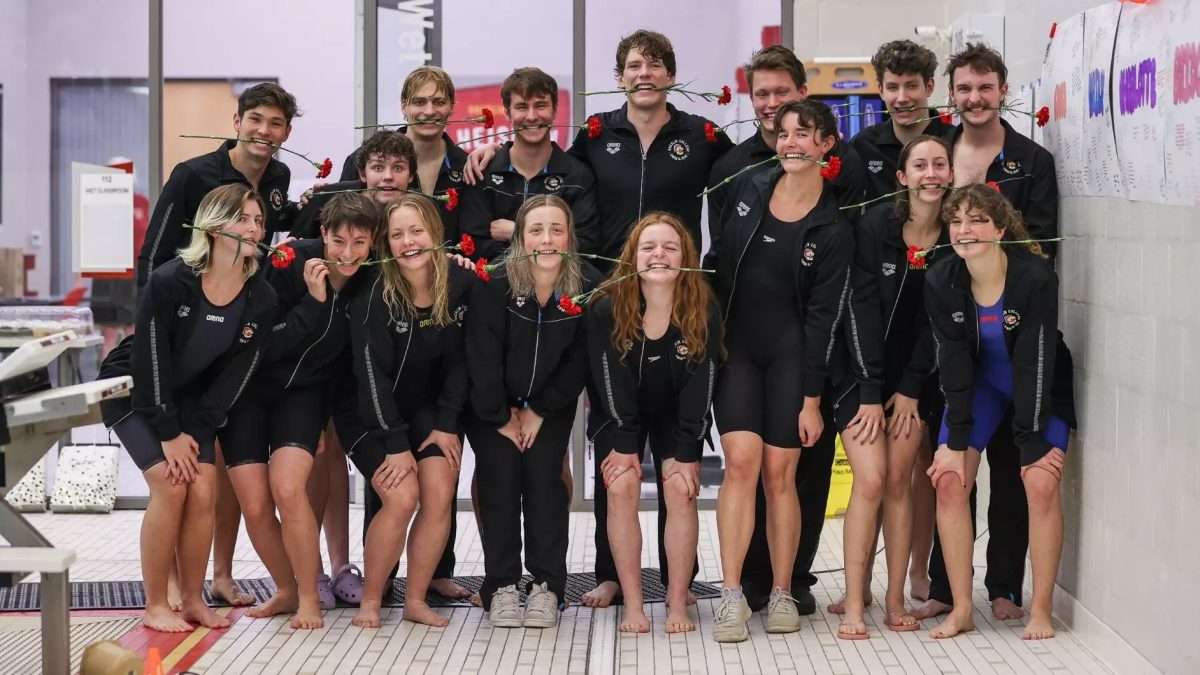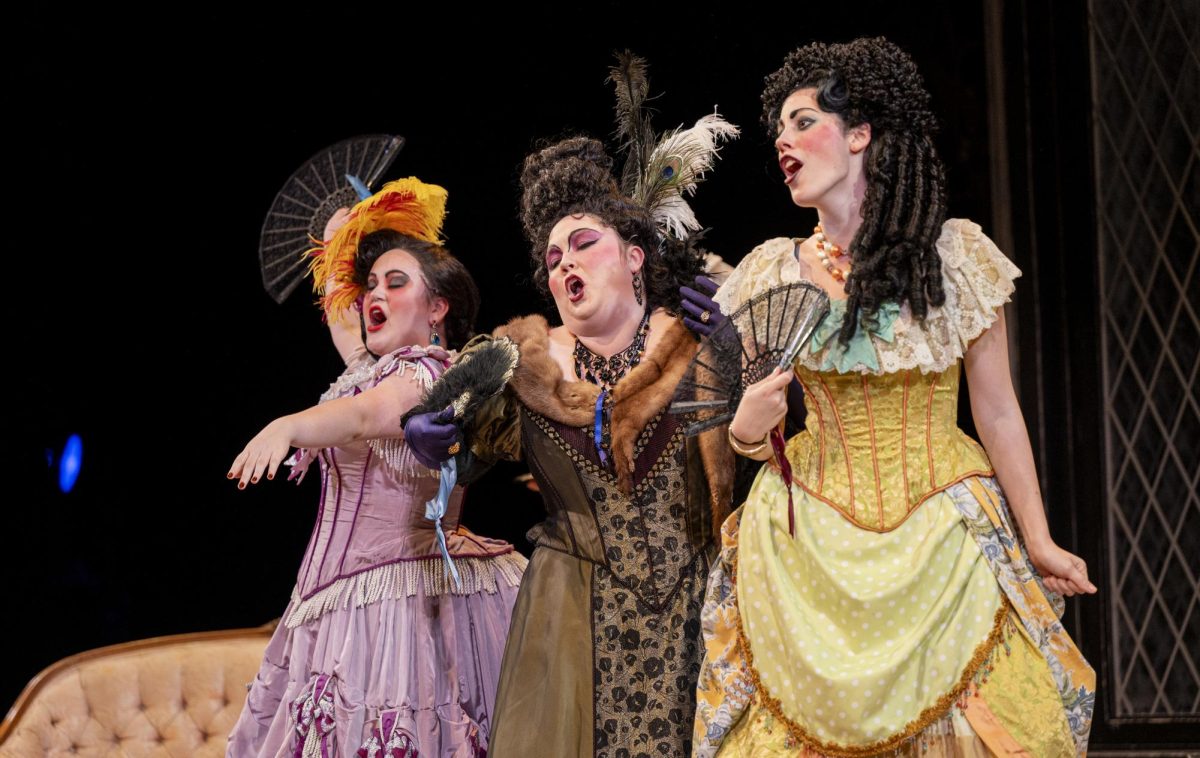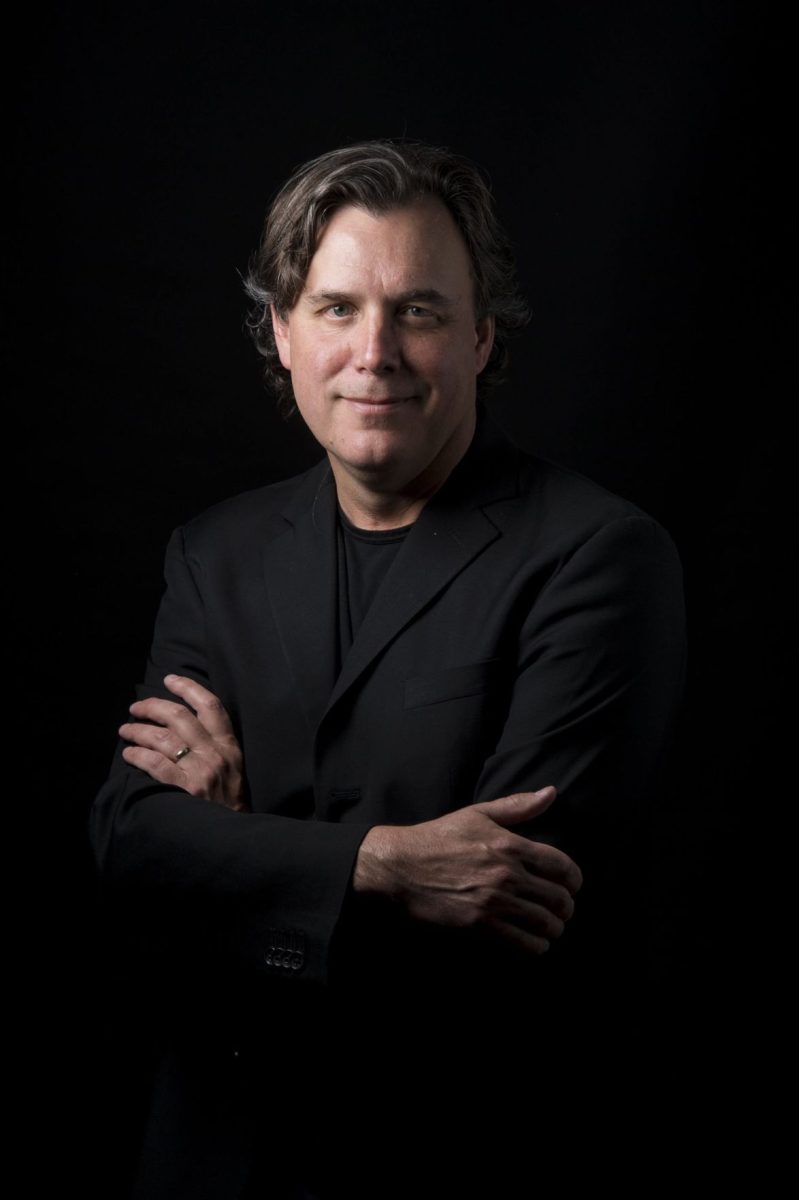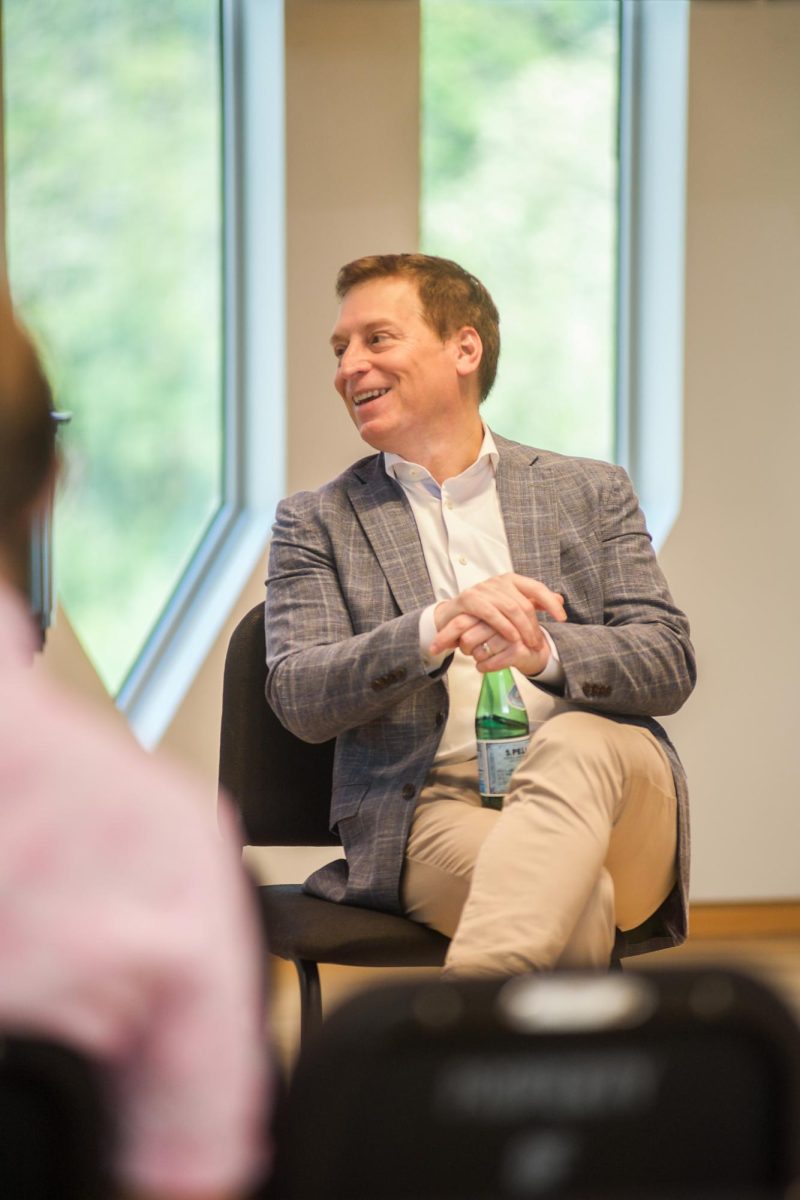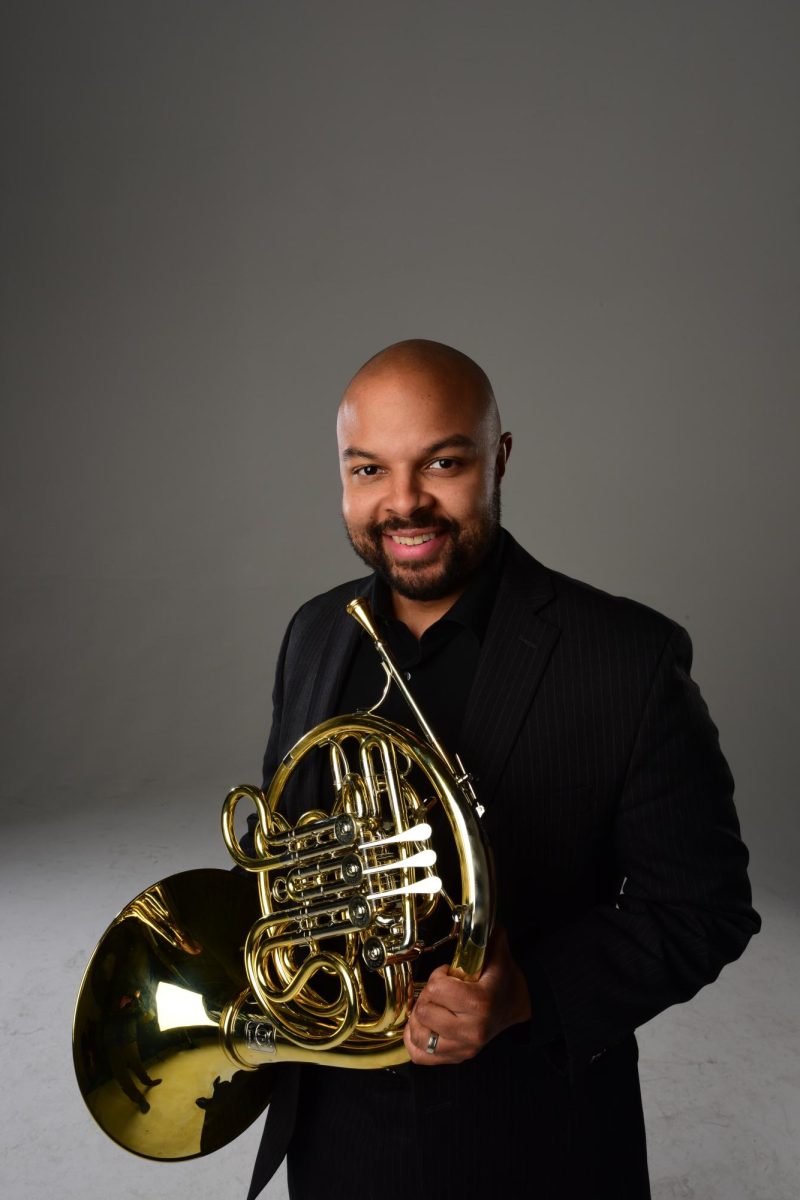Students Protest Sommers’ Lecture
Christina Hoff Sommers leans over the podium during her lecture. Protesters hung posters at the event venue, listened to the talk with their mouths covered with tape and hosted an alternate event.
April 24, 2015
From her podium in Dye Lecture Hall, Christina Hoff Sommers, an author, former philosophy professor and self-proclaimed “freedom feminist,” attempted, amid protesters and dissenting audience members, to persuade Oberlin students that feminism has become too radicalized. She was invited to campus on Monday night by the Oberlin College Republicans and Libertarians and is the most recent speaker in the Ronald Reagan Lectureship series, which is devoted to bringing views that members of OCRL “believe are underrepresented at Oberlin” to campus.
Sommers critiqued the feminist movement in her 1994 book “Who Stole Feminism?” More recently, she has written op-eds for The Daily Beast, The Atlantic and TIME magazine, the most controversial of which focus on Sommers’ opinion that campus sexual assault is exaggerated and rape culture is an invention of gender studies departments.
Before Sommers arrived at Dye Lecture Hall, protesters covered the venue with signs criticizing her beliefs and the event. One sign read “Support Survivors,” referring to survivors of sexualized violence. Another sign read “Rape Culture Hall of Fame” with the names of past and present members of OCRL listed below.
Inside the auditorium more signs were taped to the handrails along the aisles, and the guidelines for consent as detailed in Oberlin’s Sexual Misconduct Policy were left on every seat along with instructions on how to support survivors of sexualized violence.
The lecture hall was nearly full when approximately 15 protesters, their mouths covered with red duct tape, filed in and silently took their seats in the first few rows. More protesters followed, standing in the only room remaining at the back of the hall.
Protesters and other students who opposed the event could not be reached for comment, but they described their opposition in a letter published in the Review last week.
“By bringing her to a college campus laden with trauma and sexualized violence and full of victims/survivors, OCRL is choosing to reinforce this climate of denial/ blame/shame that ultimately has real life consequences on the wellbeing of people who have experienced sexualized violence,” they wrote. “We could spend all of our time and energy explaining all of the ways she’s harmful. But why should we?”
According to Nick Loucks, a current member of OCRL and 2016–17 president of the club, the group extended the invitation after donors suggested Sommers as a speaker to include in the lectureship series. He said that before the suggestion, some members of OCRL, including Loucks, had not heard of her.
“Usually individual members will suggest certain topics or suggest certain speakers,” Loucks said. “This particular suggestion came from a couple of our donors. … We wanted to talk about feminism in general — whether or not it was too radicalized, specifically on this campus.”
Loucks declined to name the donors who suggested Sommers. Young America’s Foundation, an organization that aims to bring conservative ideas to students, lists Sommers’ speaker’s fee as $3,000 to $5,000. According to Loucks, OCRL paid a little more than $5,000 in order to cover Sommers’ travel costs.
Sommers opened her talk with humor, lightly joking about the many comments left on the event’s Facebook page deriding the OCRL’s decision to invite her to campus.
Students’ opposition drew the attention and anger of many of Sommers’ fans unaffiliated with the College on both Facebook and anonymous forums, such as the Gamergate board on 8chan. Many protesters have changed their Facebook profile pictures to black and changed their Facebook names to avoid online recognition and harassment.
During her talk, Sommers explained her brand of feminism, called “equity feminism” or “freedom feminism.” She defined this form of feminism as reform-oriented, based on Enlightenment principles of universal suffrage and access to education. She suggested that the only thing holding back Western women is their interest in the humanities and social sciences and lack of interest in STEM fields.
After the event, Sommers tweeted, “College feminists gasped in horror when I gave them common sense advice on how to close [the] wage gap. Change your major!”
While Sommers declined to address accusations from her audience of being a “rape denialist,” activists organized a safe space in Wilder Hall during the event to affirm the experiences of survivors of sexualized violence and provide them with support. The alternative event, We’re Still Here, was attended by approximately 35 students and one dog.
According to Loucks, the fact that many students focused on Sommers’ comments about rape culture came as a surprise to OCRL members. He acknowledges that OCRL looks to provoke debate when inviting speakers but says the group did not intend to downplay the prevalence of sexualized violence on campuses.
“Yes, we do look for reaction when we’re scheduling events, but we didn’t look for this type of reaction,” Loucks said. “What I think is really important to add was that it was never our intention to belittle or minimize the experiences of people subjected to sexualized violence. That wasn’t going to be the topic of the talk, that wasn’t something we even talked about in meetings when were planning this event, and it wasn’t on our agenda at all. So I was really disappointed that some students made it out to be [the topic of the talk]. I think the student reaction is what really brought the conversation in that direction.”


